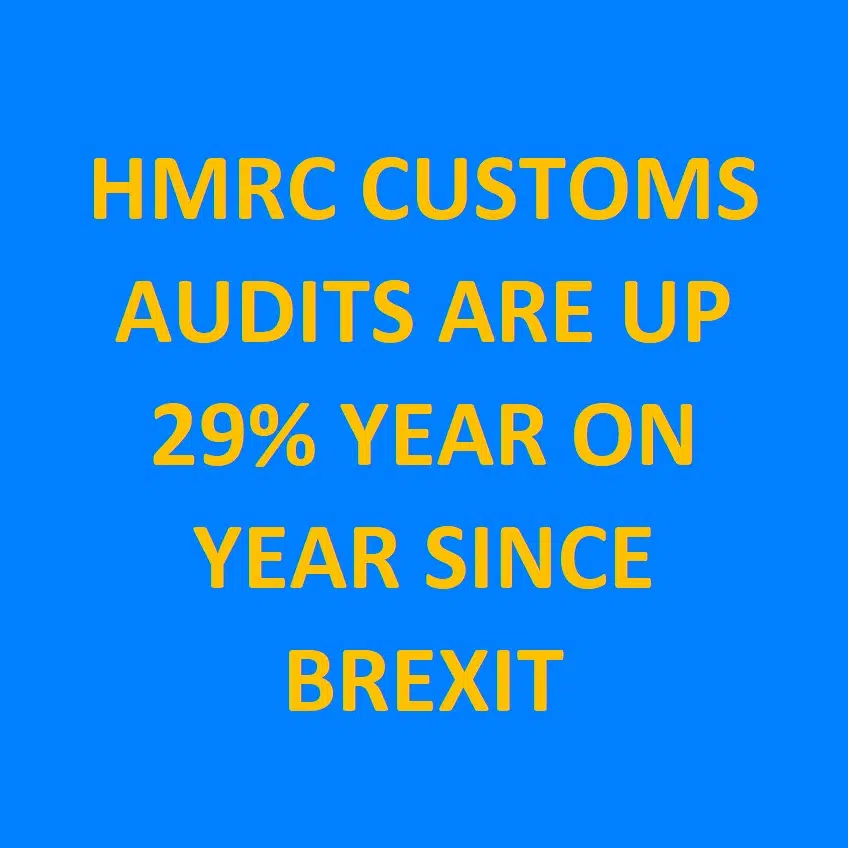In M&A, the customs obligations of a target company are regularly overlooked – but can be crucial in effective negotiations and valuations. Barbourne Brook is frequently asked to perform last-minute due diligence on an acquisition, where customs is an afterthought. This oversight not only increases the risk through contingent liability but also leaves money on the table in negotiations.
Uncovering The Risks and Opportunities Through Customs M&A
Finance directors, private equity and associated advisors should be aware of the value that customs duty brings to a transaction. Unfortunately, the information required is not easy to access within large organisations and is incredibly cumbersome to translate into meaningful information. There are many different departments involved in customs duty processes, yet often there is no single department taking overall responsibility. This can result in several issues:
- Customs duty may be overpaid or underpaid
- The business may be missing an opportunity to utilise special customs procedures to increase ROI
- There may be a compliance risk associated with how goods are imported/exported
There is significant risk and opportunity to be uncovered through customs M&A due diligence and this impacts negotiations considerably.
RISK
Customs is an audit-based tax, where duty demands, penalties and fines can be backdated up to three years. Industries such as chemicals, food and drink and clothing typically pay high duty rates, meaning this three-year demand could be crippling to cashflow and wipe out projected ROI.

This is not a conceptual risk. An increasingly proactive HMRC in a post-Brexit environment has led to a rise in customs audits and penalties. In a recent case, an audit on an acquired company uncovered duty demands that stretched into six figures.
Unlike tax risks that are insured against, customs duty is rarely factored into due diligence.
By performing DD on the customs landscape of a target company, it is possible to find day-one savings and duty reclaims for instant ROI. This information is useful in negotiations, as it might factor into your calculations.
OPPORTUNITY
As with most things in the customs world, where there is risk, there is also opportunity. It is just as likely that the target company has been overpaying duty as underpaying duty. There are all sorts of reasons why duty may have been overpaid however, the most common reasons are not claiming the correct preference (under free trade agreements) and wrongly classifying imports. Where companies are overpaying duty, the payments can be reclaimed going back three years.
By performing DD on the customs landscape of a target company, it is possible to find day-one savings and duty reclaims for instant ROI. This information is useful in negotiations, as it might factor into your calculations.
CURRENT EXAMPLES
The following case studies give examples of possible outcomes of customs audits:
Exposure: A recent acquisition of a major PLC highlighted a significant contingent liability within the customs obligations. The target company had been importing raw material under a Free Trade Agreement (FTA) at a nil duty rate. It was discovered that although the material was being processed and dispatched from the FTA country, the proof of origin rule had not been satisfied. A HMRC audit would certainly pick this up and apply retrospective duty going back three years, which was £3,400,000 (12% duty rate).
Reclaim: While working on a project for an existing client within the chemical manufacturing sector, we discovered that the target company was using an incorrect classification code for importing a key raw material substance. Analysis quantified the discrepancy at £356,000 and a successful reclaim was completed. This gave our client an immediate ROI on the acquisition.
In conclusion, by conducting proper due diligence on a target company’s customs obligations during an M&A transaction, finance directors can mitigate not only contingent risks but also identify potential opportunities through savings and reclaims. This due diligence can contribute to the long-term success of the combined entity or group.
If any of this resonates with you, contact Adam Wood from Barbourne Brook for a no-obligation chat, completely free of charge.
Related Posts
8 October 2024
Aligning Customs Strategy with Financial Goals: A Guide for CFOs
Are customs operations taking a…
16 September 2024
Nike’s €1.5 Billion Import Dispute: The Costly Risks of Underestimating Customs Regulations
Even the biggest names in the industry…
3 September 2024
The Hidden Truth About Customs Declarations: Accuracy and Responsibility. What Happens When It All Goes Wrong?
Many Finance Directors are surprised to…


